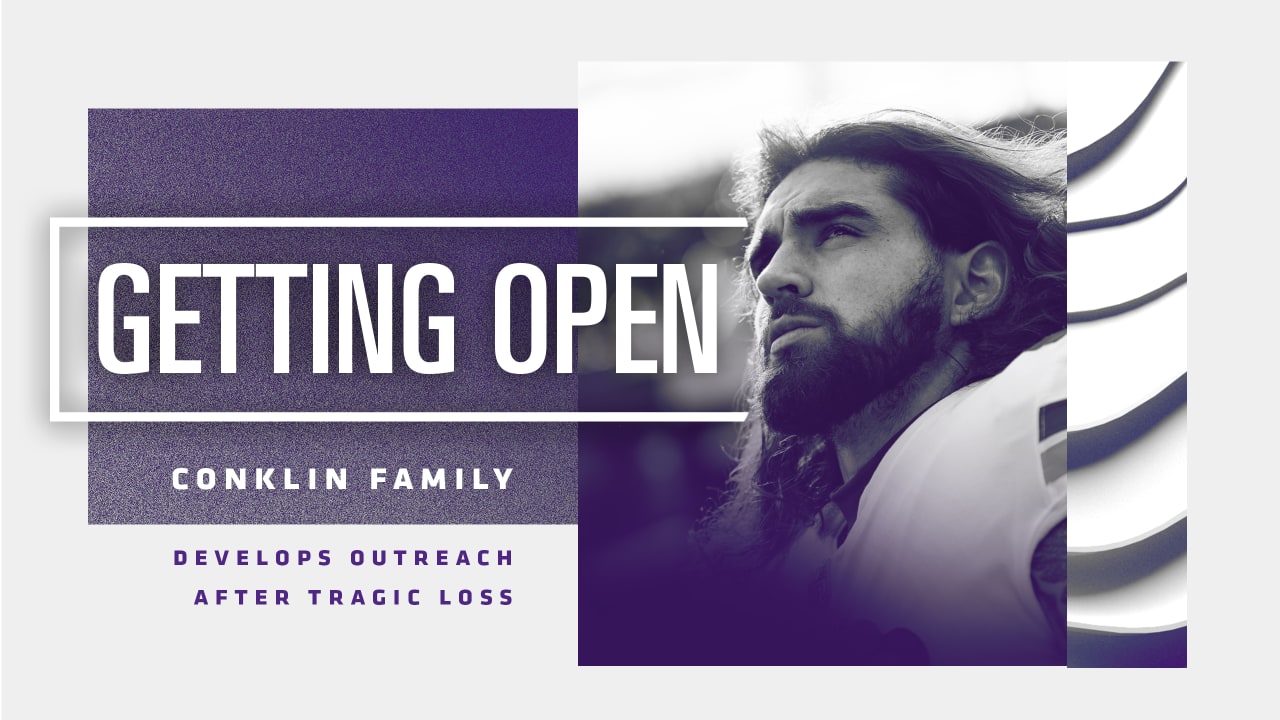Viktor
Well-known member
- Mar 19, 2019
- 2,552
- 0

"It all starts, obviously, that's the way I was raised. Not that my mental wellbeing was neglected, but I looked at my dad as a big tough guy. I'd never seen him cry, and he handled everything that he needed to handle," Tyler said. "[Seeing] that, I grew up not wanting to put my problems on anybody. If something bad was going on or something was happening, 'I can take it – I can put it on my shoulders.' I think a lot of men grew up like that; I think a lot people grew up like that, men or women.
"I think it's just something that society's kind of created, but I do think it's something that, as a society, we've gotten a little bit better at talking about," Tyler continued. "The main thing, I think, is acknowledging that there is stuff going on. Because I've gotten so good at just handling stuff, internalizing things, or 'I'll be all right' kind of idea. I've gotten so good at that, that you forget to acknowledge when things are going on. That can be a rabbit hole, and that can be bad because then it affects you in your daily life – whether it's just talking to a significant other, a family member, a friend, and you take it out on them without even noticing it."
Dr. Mack pointed out that so many people still associate the term "mental illness" with "being 'crazy' or inadequate or deficient." But the reality is, he emphasized, the majority of people will experience some level of emotional distress or trauma over their lifetime.
"It's much more the rule than the exception," Dr. Mack said. "But the story we tell ourselves is critical. If we begin to think that if we're sad or we're feeling overwhelmed emotionally, that there's something wrong with us, then we're more likely to retreat or try to cover that vulnerability."
